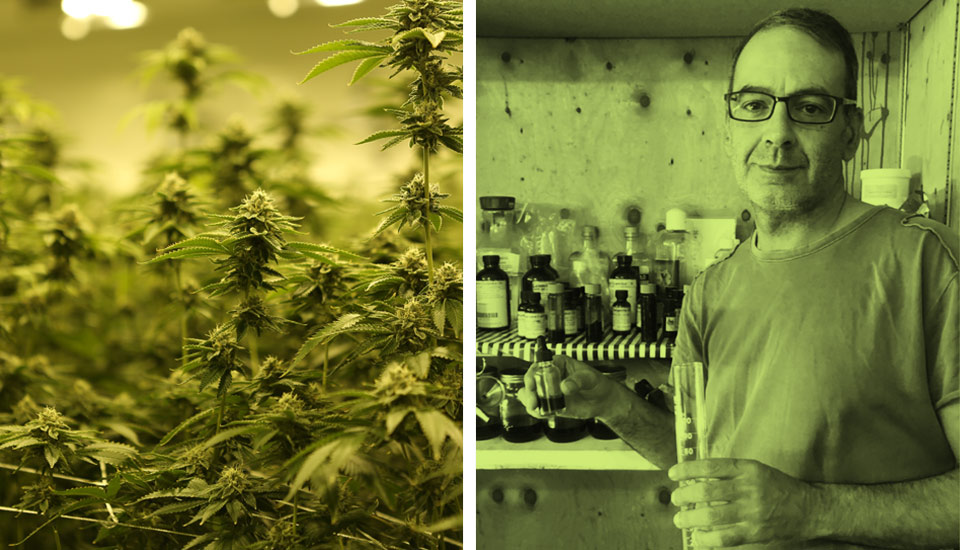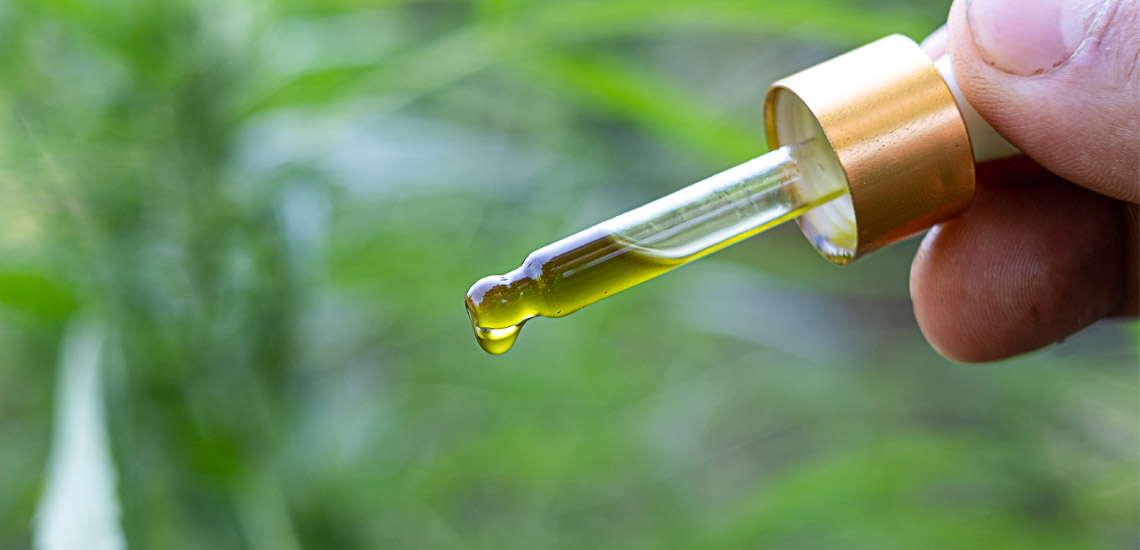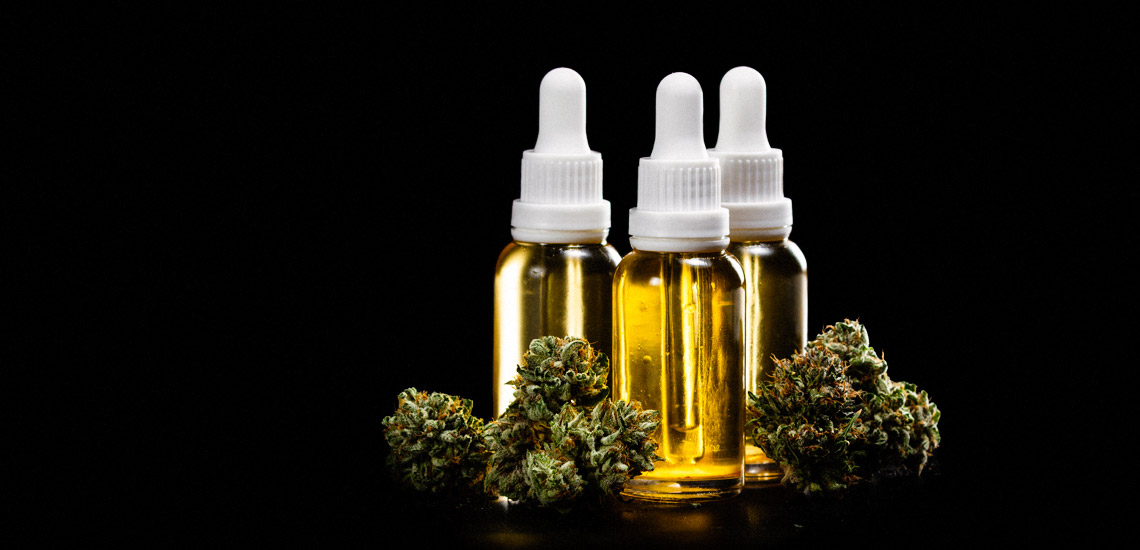A budding interest: An interview with Medicine Box Chief Scientific Officer, Dr. Refael Aharon
This week, we’re giving our readers a peek behind the medicine box with an interview with our Chief Scientific Officer, Dr. Refael Aharon, or “Dr. Refael,” as we call him in our meetings. Born and raised in Israel, Dr. Refael gained his early science training at the Hebrew University in Jerusalem in the ‘90s, where another Dr. Raphael Mechoulam did his pioneering work with cannabis, THC, and CBD.
Dr. Refael later centered his studies on plant science, earning a Ph.D. from the Feinman Graduate School of the Weizmann Institute of Science in Rehovot, Israel for his work on aquaporins and their role in developing water stress-resistant plants. He has written over 30 international patents in applications ranging from cancer treatment (targeting and immune therapy), herbal plant analysis, slow-release THC/CBD formulations, and various clean-tech machine designs.
In addition to his work in plant sciences, Dr. Aharon is an experienced entrepreneur with 12 years of experience in waste and sewage recycling, both as the President/CEO of Applied CleanTech and Director of ELL Environmental Holdings. After emigrating to America in 2016, Dr. Refael began his cannabis studies in earnest and helped develop the original, THC-dominant formulation of Equanimity. Speaking to Medicine Box from his home in Bakersfield, Dr. Refael shares information about his background, his role in creating Medicine Box’s new product line, and his philosophy on plants, healing, and wellness.
When did you take an interest in plant sciences?
RA: I did plant sciences when I was 23 and I continued with it until I was 34 and I conducted my studies at Hebrew University. Then I started plant science and I did my Ph.D. on plant genetics so I did some genetic engineering. I did some identification to make plants more stable to drought and salt. But I’m not an academic personally, I mainly specialize in writing patents and making formulations for medical herbs and products. I have products that are sold today in the US for diabetic, made from plants. And my postdoc was on cancer research.
So this is what you’ve always done – using plants and herbs to treat physical health conditions?
RA: And also building machines, making juice and making products for all kinds of treatments and also proving them in clinical and animal studies,
When did you get interested in cannabis? Was it during your graduate work?
RA: No, it was later. I was working with a lot of medical herbs for years, all kinds of medical herbs, but I didn’t make commercial products with cannabis because it wasn’t allowed. I started working on it until four years ago when I arrived in North America.

In formulating these products, you’ve looked not just into the latest scientific developments, but some pretty ancient healing traditions. Tell me more about this process.
RA: Well, for instance, take the Hebrew traditions. There were many doctors and herbalists that also served as rabbis. And they used what they knew about plants to write some treatises, which I’ve used as a reference. Here in America, you can find other traditions, such as from the Mayan and Native North American civilizations, that have left behind some important resources. From there, I verified their findings using scientific proofs.
So you’re looking to see if these early findings are corroborated by modern research.
RA: Yes, and also the components and the particular mechanisms that they activate in our bodies.
Tell me more about the traditions. For instance, I know European monks did keep “physic gardens” and carried out many experiments with these plants.
RA: Yes, and also the Holy Temple in Jerusalem was full of perfume and herbs. It’s in all of the traditions. But what we’re doing is specially designed for the current era and it can help people in many areas of their lives. I feel that connecting modern medicine with spiritual traditions and the demands of our time are evoking a “wisdom of the crowds,” if you will – a cross-pollination of healing traditions that lends itself to more comprehensive, holistic wellness for the consumer. These lessons of the past have been obscured because of the rise of the international pharmaceutical industry.
Some of these traditions you cite are religious in nature. Does that also inform your work?
RA: I am religious like most people in the world. I am very religious in my own non-religious way. I think the religious or the non-religious people are the most accurately religious people today, the most faithful to the spirit of those teachings.
Believe me when I go to Israel and I speak with the religious Jews. I tell them I’m more religious than them. And they look at me and they say no, you’re not religious. I’ll say to them, you’re just “kissing the book,” if you will. I’m not kissing any book. I believe that if you fix where you are imbalanced inside of yourself, then you can receive pure energy for your effort. It reflects both inwardly and outwardly. It also reflects your health.
When did you get involved with Medicine Box? What about the company inspires you?
RA: We met through a mutual friend. I liked the idea of a full-spectrum, all-natural brand that uses real plants and follows the genetics to make a good product. Following this concept I connected with Brian [Chaplin]. And we started to work on Equanimity. I did all the process from samples and later formulations and then manufacturing in licensed facilities.
Tell me about your creation of Medicine Box’s new products.
RA: These new formulations have many different ingredients, but you can group them into two categories: the cannabinoids and the terpenes, or active ingredients, in the case of the medical herbs and mushrooms. This “entourage effect” — meaning the combination of these disparate elements — gives us full benefit. I also paid close attention to the selection of plant material. These are high-quality plants that we extract using a very gentle process in order to gain all the vitality from the extract. Currently, we have these three different product types. One is water-based, another is oil-based, and another in a powder form which comes in pills or a liquid gel, which Medicine Box will release later.
You’re also creating a brand-new performance-based offering, Total Performance. How does it work in the body?
RA: What we are doing is balancing the system. It’s more like a tune-up on your engine. So it’s not overwhelming in any way. We are merely refining and optimizing the overall system.
We are infusing some antioxidants and essential oils that come in terpenes that improve our body cells. And we are actually optimizing with this formulation. We are optimizing our both our physical and spiritual well-being.
What does MB have to offer the world at this time?
RA: I think that MB is a great platform to provide the world what it needs. This is affordable, high-quality medicine, using premium products. The general public rarely has both as an option, and Medicine Box provides an excellent platform for this.
This interview was submitted by Medicine Box



